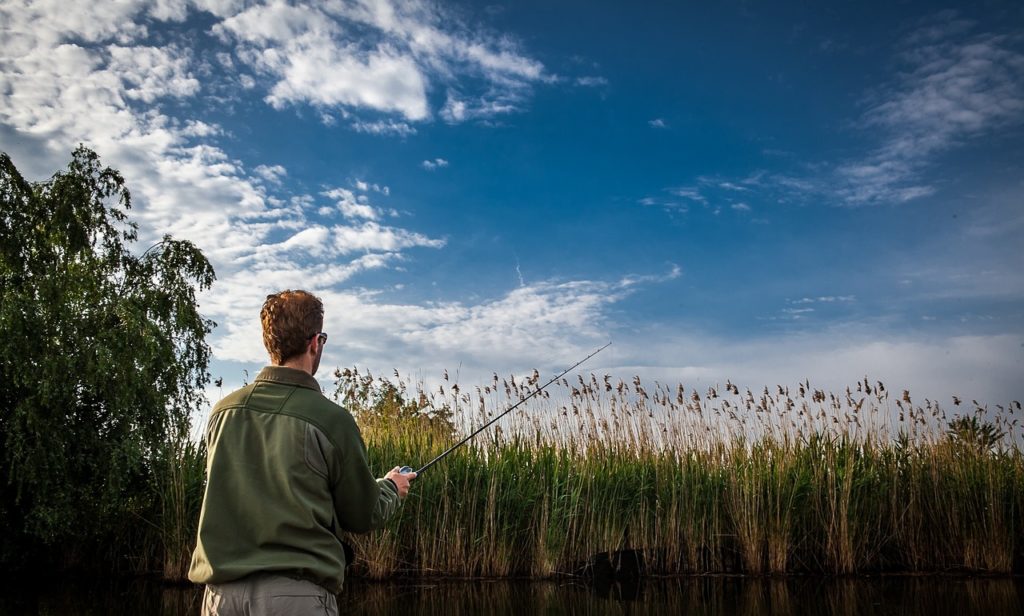
So many of us are terrified by the very things that we desire. The young artist that wants to perform yet hides from the sea of faces. A budding athlete who can’t bare another 5am practice with bullish coaches.
The executive who has nearly achieved his dream but can’t imagine owning the responsibility for a multi-million decision. A wife who dreams of intimacy but won’t dare reveal the secrets of her heart.
Similarly, sex addicts want to feel themselves coming back to life, but are afraid of the very indicators that life is with them—emotions. It isn’t possible to just cut out painful emotions without compromising our ability to enjoy the pleasurable ones. Similarly you can’t achieve a goal without working towards it.
Many addicts become addicted in the process of avoiding painful experiences, and so it makes sense they wouldn’t want to feel these things. Then more painful feelings like shame accumulate.
Gut reactions and reflection
The first thing to realize about emotions is that they are normal and important. We have terms such as “gut reaction” because our emotions are connected with our bodies. Our bodies tell us things about our experiences that are crucial to know if we are to navigate this world.
“Your feelings do not just appear out of the blue… Your feelings are easy to understand once you have some perspective. However, there are few tasks more difficult than trying to understand a powerful emotion when it holds you in its grasp.” Quite simply, our bodies and brains are communicating to us all of the time, and yet it often takes a later moment of reflection to understand what this all means to us.
“The intensity of a feeling results not only from the events that caused it but also from any stored-up feelings that are reanimated. That is why strong emotions are so confusing.” The more confusing our emotions seem to be, the more information, experience and history may be rapped up in them. The reflection that is required in this case is longer, deeper and often requires us to have support from another.
How much space do you have for reflecting on your emotional experience? Are you allowing yourself to be aware of your experience? If not, then you are likely missing out on a lot of very helpful information that you could use to improve life and end addiction. If I am addicted, then I am medicating (ignoring) emotions, and that means I cannot understand them in a helpful way.
 What have you believed about emotions to this point?
What have you believed about emotions to this point?
Use these questions to help you understand yourself.
- Am I afraid that my emotion might debilitate me or ruin my day?
- What do I believe about the expression of emotions?
- Have I thought that emotions could overwhelm and trap me?
- Do I think that emotions are feminine or just a nuisance?
Not bad, but painful
Our culture has oversimplified the vocabulary we use to discuss emotions. We often talk about “good” or “bad” feelings. This isn’t accurate. No emotion is good or bad, those are value judgments. Rather, a feeling just is. It is experienced as painful or pleasurable. When we shift our discussion of emotions we change our ability to accept them and then understand them.
One problem with painful emotions is that we have to tolerate them until they reduce in intensity so that we can understand them. Encouragingly painful emotions come in waves that don’t actually last very long. If we allow our painful feelings to be present and don’t actively push them off they seldom last more than 20 minutes. We can of course continue the emotion by actively thinking about distressing stimuli.
Try sitting with your painful feeling the next time one comes up. Breath deeply and steadily as your ride out the wave of the experience. Don’t try to change it or escape it. Allow it to communicate to you all that it needs to. Once it has started to subside ask yourself the following questions:
- What have I just experienced that fits with this feeling?
- How does this emotion make sense in the context of my life now?
- What am I being reminded of that relates to this feeling and moment in life?
Naming changes things
 When we put names to our emotions they move from amorphous experiences to concrete and understandable information. Applying language requires you to slow down and potentially expand your vocabulary. Emotional word tables are easy to find and can assist you to name and treat your emotions with the importance they require.
When we put names to our emotions they move from amorphous experiences to concrete and understandable information. Applying language requires you to slow down and potentially expand your vocabulary. Emotional word tables are easy to find and can assist you to name and treat your emotions with the importance they require.
Live a week looking for your true emotions. You can do this using what I call the “1 minute check-in”. Pause for just a minute (and yes, you can time it), breathe steadily and use your physical sensations, thoughts and temptations to help you discern what you might be feeling. After the minute put two “names” to your emotions, such as “regretful” or “elated”.
Start your day with this practice and repeat it each time you eat. Let food be a reminder to engage your other needs too—your emotional needs. This practice will strengthen your ability to know what you know, feel what you feel, and decide what you need.
Community Discussion - Share your thoughts here!
What has been your experience with re-engaging your emotions?
 About the author: Paul Loosemore, MA PLPC, author of “21 Movements Towards Life” – The step-by-step guide to recovering from sexual addiction or pornography. Paul works as a mental health counselor, and consults with those who wish to recover from Sexual Addiction—both individuals and couples. He is the founder of www.stopsexualaddiction.com where you can find his guide, or contact him.
About the author: Paul Loosemore, MA PLPC, author of “21 Movements Towards Life” – The step-by-step guide to recovering from sexual addiction or pornography. Paul works as a mental health counselor, and consults with those who wish to recover from Sexual Addiction—both individuals and couples. He is the founder of www.stopsexualaddiction.com where you can find his guide, or contact him.
References:
[1]: Viscott, D. (1996) Emotional Resilience. Harmony books. New York.
[2]: Ibid.
The opinions and views of our guest contributors are shared to provide a broad perspective of addictions. These are not necessarily the views of Addiction Hope, but an effort to offer discussion of various issues by different concerned individuals.
We at Addiction Hope understand that addictions result from a combination of environmental and genetic factors. If you or a loved one are suffering from an addiction, please know that there is hope for you, and seek immediate professional help.
Last Updated & Reviewed By: Jacquelyn Ekern, MS, LPC on February 8, 2017.
Published on AddictionHope.com
